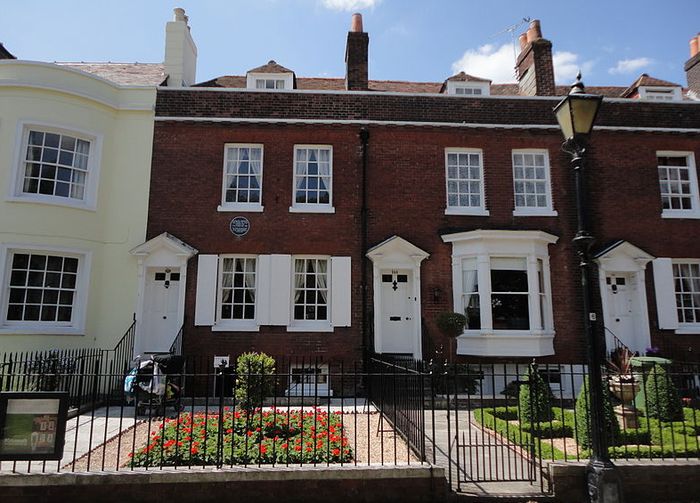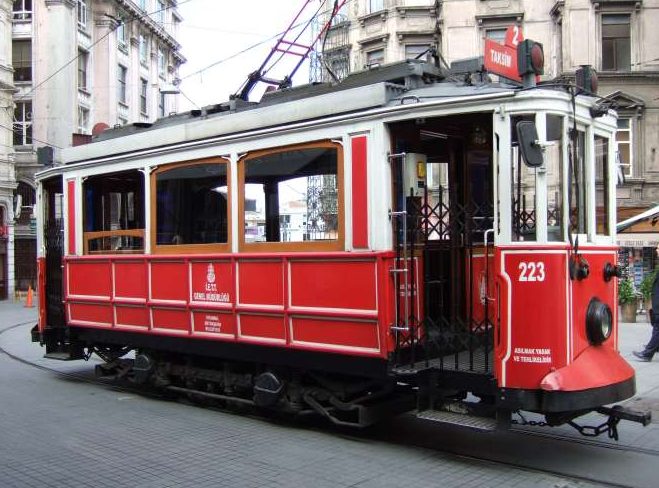Charles Dickens (1812—1870)
The son of a government clerk, Charles Dickens was born at Portsea in 1812. His family moved to London shortly after his birth. The early London life of the Dickens family was utilized in several of the son`s novels, especially in David Copperfield. His first great success was with the Pickwick Papers, which appeared serially in 1836.
Then followed the novels which have become celebrated and are read the world over. Dickens was an indefatigable writer, editor and, later in life, a public reader. He wrote a number of short stories, of which The Old Man`s Tale of the Queer Client is probably the most skilfully constructed and best written. It is related by one of the characters in the Pickwick Papers.
The Old Man`s Tale of the Queer Client
From the Pickwick Papers
“TT matters little,” said the old man, “where, or how, I picked up A this brief history. If I were to relate it in the order in which it reached me, I should commence in the middle, and when I had arrived at the conclusion, go back for a beginning. It is enough for me to say that some of its circumstances passed before my own eyes. For the remainder I know them to have happened, and there are some persons yet living who will remember them but too well.
“In the Borough High Street, near St. George`s Church, and on the same side of the way, stands, as most people know, the smallest of our debtor`s prisons, the Marshalsea. Although in later times it has been a very different place from the sink of filth and dirt it once was, even its improved condition holds out but little temptation to the extravagant, or consolation to the provident. The condemned felon has as good a yard for air and exercise in Newgate, as the insolvent debtor in the Marshalsea Prison.
“It may be my fancy, or it may be that I cannot separate the place from the old recollections associated with it, but this part of London I cannot bear. The street is broad, the shops are spacious, the noise of passing vehicles, the footsteps of a perpetual stream of people—all the busy sounds of traffic, resound in it from morn to midnight, but the streets around are mean and close; poverty and debauchery lie festering in the crowded alleys; want and misfortune are pent up in the narrow prison; an air of gloom and dreariness seems, in my eyes at least, to hang about the scene, and to impart to it a squalid and sickly hue.
Read More about The Dream 1








